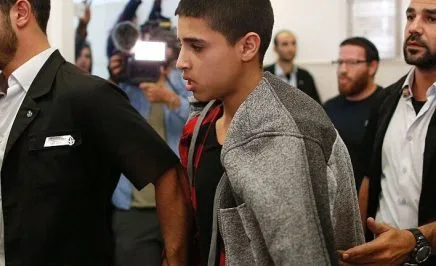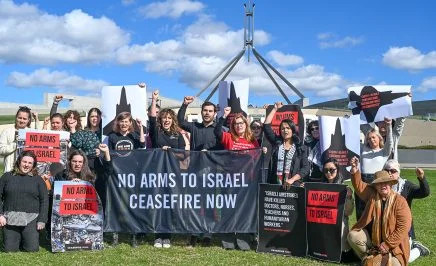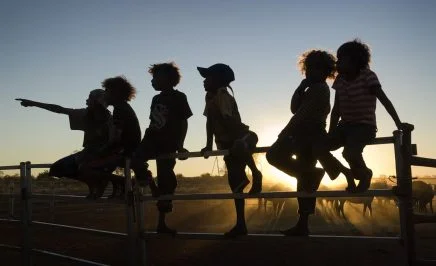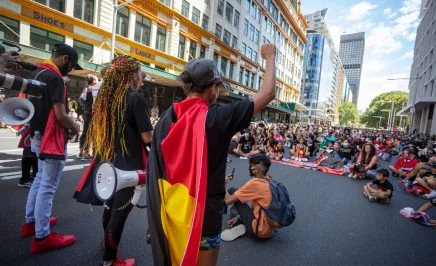Ahead of the 25 October expiry of the statute of limitations in a case in which 85 people died during and after protests in the Tak Bai district of Narathiwat province, Thailand in October 2004, Amnesty International’s Thailand Researcher Chanatip Tatiyakaroonwong said:
“The Thai authorities must take urgent action – before it is too late – to ensure long-delayed justice for the victims of human rights violations committed by state officials violently suppressing a protest in Tak Bai two decades ago.
“A landmark court decision to accept the lawsuit initiated by the victims and their families in August was a beacon of hope amid entrenched impunity for violations against protesters in Thailand. But days ahead of the expiry of the statute of limitations for these crimes, the legal case raised by victims is in jeopardy.
“Defendants in this lawsuit, who are all former or current high-ranking officials – including individuals allegedly in Japan and the United Kingdom – have failed to present themselves at court. Unless at least one of them does so before 25 October 2024, this lawsuit will be dismissed.
“The Thai authorities must take all necessary steps to ensure there is no impunity for those suspected of criminal responsibility for grave human rights violations in this case. This includes by enforcing arrest warrants against suspects and presenting them in court before 25 October 2024 to enable the victims and their families to have the opportunity to pursue criminal accountability in this case.”
Background
On 25 October 2004, more than 2,000 protesters gathered in front of Tak Bai police station in Narathiwat province, one of Thailand’s southern border provinces, to demand the release of six Malay Muslim men who were believed to be arbitrarily detained by Thai authorities.
Security forces used tear gas, water cannon and live ammunition, killing seven protesters instantly – five of whom were shot in the head. After the crackdown, about 1,370 detained Malay Muslim men were transported to Ingkayut Borihan Military Camp in Pattani, 150km away. Forced to lie on top of one another in army trucks, 78 died from crushing or asphyxiation during transit. Many survivors suffered severe injuries and permanent disabilities.
An independent fact-finding committee, established by the then-government, condemned the use of excessive force and poor judgment in the transportation of detainees. Despite compensation for victims, no officers identified by the committee have been brought to justice so far.
In August 2024, the Narathiwat Provincial Court ruled in favour of a request from victims and their families to file a criminal lawsuit against officials suspected to be responsible for human rights violations during the Tak Bai protest, including former high-ranking military and police officers.
Out of the nine officials sued by the victims and their families, the Court determined there is sufficient evidence to pursue a lawsuit against seven of them under the offences of murder, attempted murder, and illegal detention.
Despite having been summonsed, none of the seven officials have appeared at the Narathiwat Criminal Court for witness questioning and evidence examination. There are outstanding arrest warrants for all seven persons, including individuals alleged to be in Japan and the United Kingdom.
The statute of limitations for the case is set to expire on 25 October 2024. At least one of the defendants must appear before court to acknowledge the lawsuit for the case to begin, according to Article 95 of the Thai Criminal Code which governs the statute of limitation for criminal offences. Amnesty International notes that there should be no statute of limitation for serious human rights violations or crimes under international law, including extrajudicial killings and torture.
In October 2023, Amnesty International published a public statement on the impacts of Thai authorities’ failure to deliver justice for the victims of the violent crackdown on the Tak Bai protest and their families.





